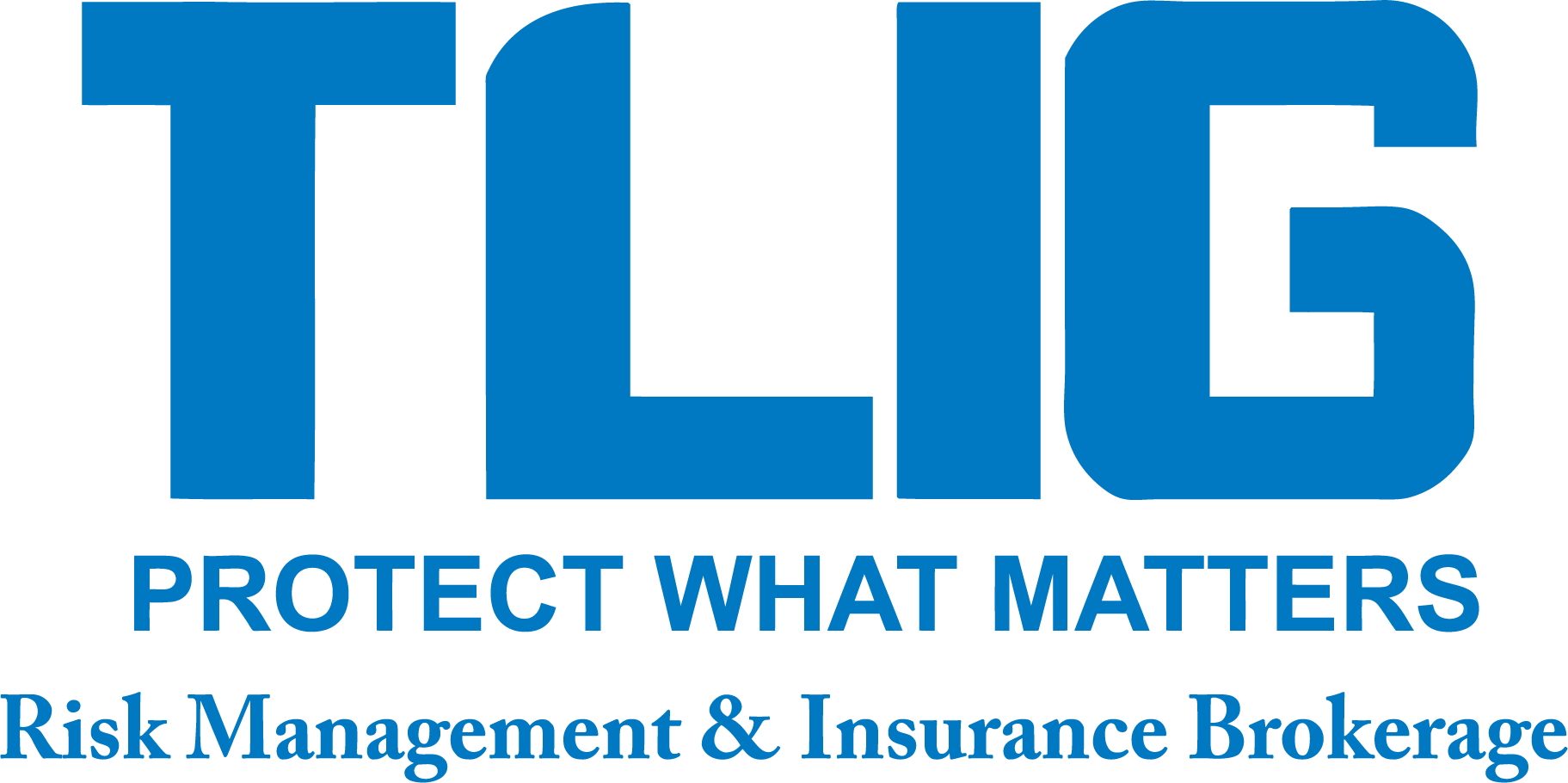The entertainment value in a summertime get-together can be in the camaraderie and storytelling. But don’t let your next backyard barbecue
turn into a tale of woe, to be retold years from now.
One party hostess recalled a disastrous event that involved hot oil, alcohol, a paper tablecloth and fireworks:
“The oil to fry the turkey was too hot and too full (yes, we fry our turkeys in Texas). Maybe it had to do with the over-served [read: one too many alcoholic beverages] cook. But once the turkey went in, the oil bubbled over, caught the paper tablecloth on fire, and lit the grass on fire.”
The grass fire then ignited a pile of fireworks, which were supposed to be on the porch. This in turn “led to one huge fireball, screaming crying children who will probably never recover from the panic that was set throughout, which then led to roof catching on fire.”
The damage tally was: one home partially destroyed, several cars damaged by smoke, a missing dog, $2,500 worth of poorly timed fireworks
and three acres of burned grass. The lessons learned reported the wiser hostess: “We now monitor everyone’s booze intake, park cars far away, and only
have one person know where the fireworks are. And I now cook the turkey with fire extinguishers nearby.”
Summer is truly party time in America. But homeowners should be aware of the risks associated with these get-togethers. Before reviewing
safety tips, let’s look at three common risks for which a homeowner might need insurance coverage:
Liquor liability: Summer parties can be a breeding ground for drinking-and-driving accidents. Most homeowners know that they bear some
responsibility if a guest becomes impaired after consumer alcoholic drinks at the homeowner’s house, and then causes a car accident. If the party-giver is
sued, however, his/her homeowners and automobile insurance policies may not provide liability coverage. (Keep in mind that the legal defense against a
claim is another significant expense for anyone who is sued in such a circumstance.)
Changes to homeowners insurance standard contracts in 2000 may limit the coverage available under a homeowners policy. Homeowners might be
well served to check their homeowners and auto insurance policies (contacting their agent, if necessary) to determine what protection they may have.
Personal accidents on the homeowner’s property: A homeowners policy and an excess liability policy (dubbed an “umbrella” policy) provide broad protection for accidents on the party host’s property. For instance, if a guest tumbles down the steps of an outdoor deck or a child is burned by the outdoor grill, the homeowners policy would pay medical costs for the guest (and, should a lawsuit follow, likely would pay the costs of defending against the lawsuit and damages awarded in the case).
No one, of course, wants to see such events occur, but accidents do happen. Homeowners coverage is designed to “make whole” a homeowner who is facing a liability claim due to an accident on his or her property.
Property damage liability:
When guests drive to your party and park their cars at your home, the homeowner assumes risk. The possibilities of property damage range from a
simple dent from a stray baseball, to a young driver releasing the parking brake and rolling the car into a tree, to an impaired driver going for a joy
ride and damaging the car. A different example of property damage is the theft of a guest’s purse/wallet or valuable articles from the party-giver’s property.
Homeowners coverage pays for damage to another person’s property, if the homeowner is held liable. A homeowner’s negligence and
omissions (i.e., failing to take steps that might have prevented an incident) are reasons that he or she can be found liable for damage to another person’s
property.
To prevent accidents, consider some sensible safety precautions:
Grilling
Some 5,000 people are injured by charcoal, wood-burning and
propane grill fires each year, according to the U.S. Fire Administration of the
Federal Emergency Management Administration. Good safety practices include:
- Before using a propane gas
grill, check the connection between the tank and the fuel line. Make sure
the Venturi tubes (where the air and gas mix) are not blocked, and check
hoses for cracks or damage. - Never use a propane
barbecue grill on a balcony, terrace or roof. And never grill/barbecue in
enclosed areas, as deadly carbon monoxide can be produced. - Keep a fire extinguisher
or a source of water (a garden hose or four-gallon pail of water) near an outdoor
grill or barbecue. - While barbecuing, don’t
wear loose clothing. Use long-handled barbecue tools and/or mitts that are
flame resistant. - Don’t squirt flammable liquids onto an open flame.
- Don’t leave a grill unattended.
- Keep matches and lighters
away from children. Supervise children around outdoor grills, which are
objects of curiosity. - If using a charcoal or
wood fire, dispose of hot coals properly by soaking them with water, then
stirring to ensure that fire is extinguished. Never place them in plastic,
paper or wooden containers. - Keep alcoholic beverages away from the grill since they are flammable.
Drinking
Liquids containing alcohol cause the human body to lose more fluid, say health educators. So summertime drinking in the sun or heat can present
hazards to health, including impaired judgment, balance and coordination.
Consider these safety tips if serving:
- Use designated drivers.
- Make non-alcoholic beverages as available as alcoholic drinks.
- Stop serving alcohol before the party ends.
- If children are attending the event, remember that alcohol may seem more available to them at a
party.
Dining outdoors
Food-borne illnesses favor the hot conditions found at outdoor events where food is not refrigerated or may be undercooked. The U.S.
Department of Agriculture offers food safety tips:
- Cook foods thoroughly to safe minimum internal temperatures.
- Keep hot foods hot and
cold foods cold. Hot foods should be heated and maintained at 140 °F or
warmer with chafing dishes, slow cookers, and warming trays. Cold foods
should be held at 40 °F or colder. Maintain cold by placing food dishes in
bowls of ice or in a cooler. - Live by the “two-hour rule”: Foods should not sit at room temperature for more than two hours.
TLIG is a local Trusted Choice® agency that represents multiple insurance companies, so it offers you a variety
of personal and business coverage choices and can customize an insurance plan to meet your specialized needs.
Visit us online at www.tligins.com or call us at (434) 582-1444.

